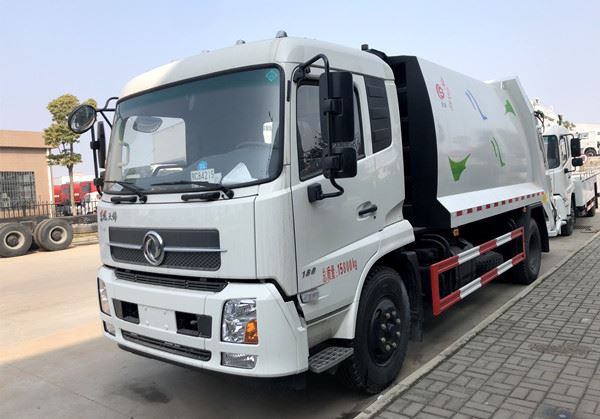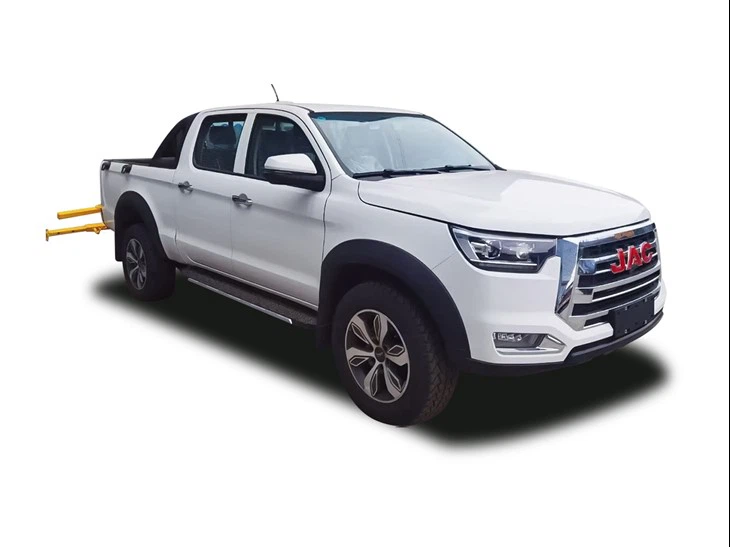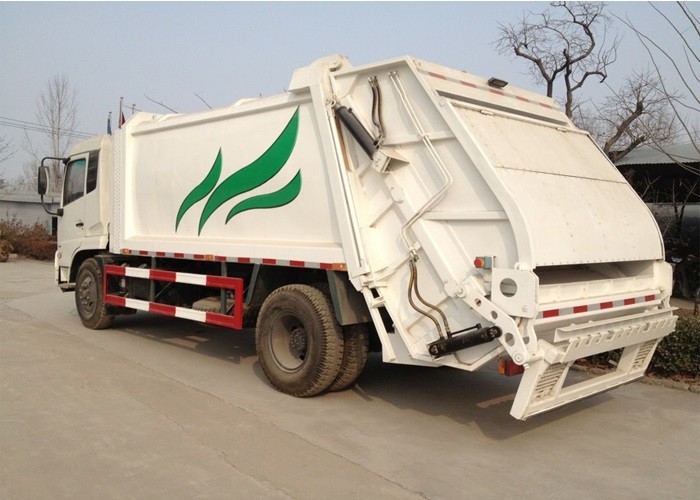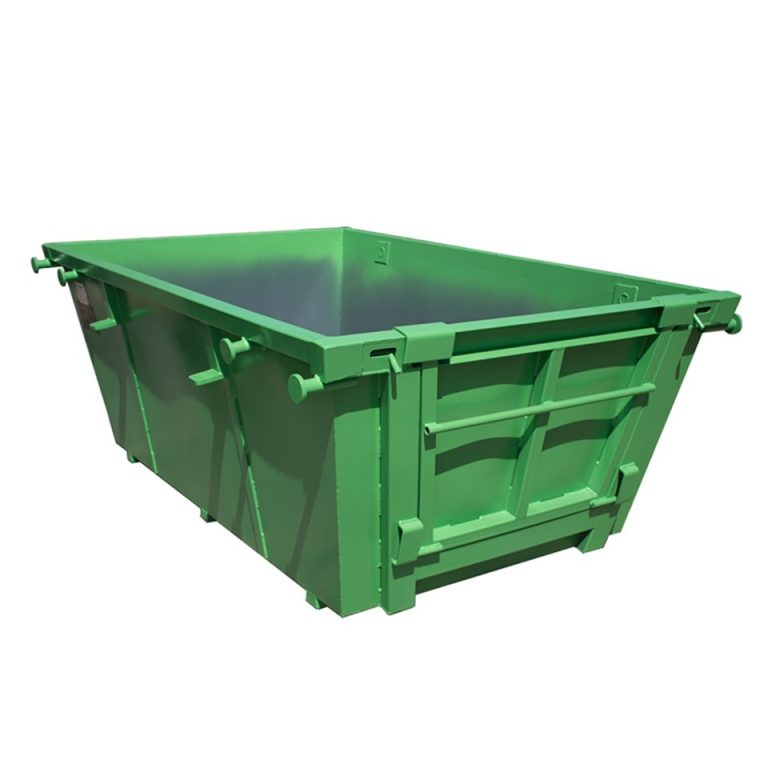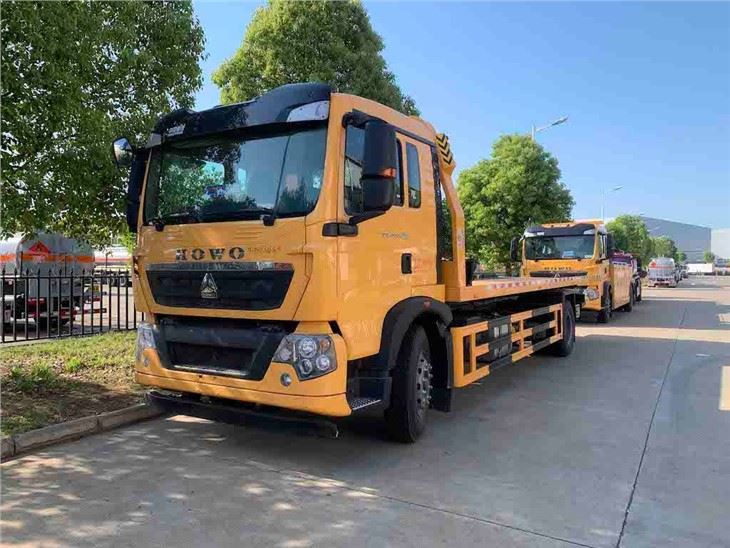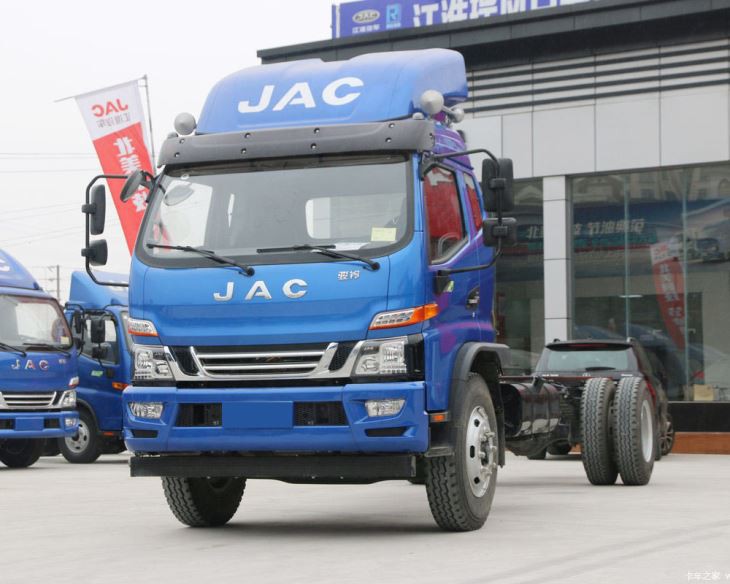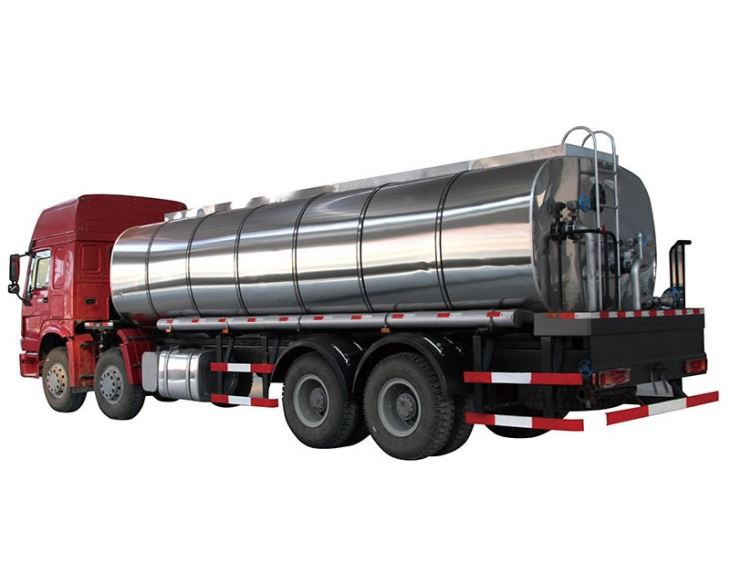Road sweeper trucks play a crucial role in maintaining urban cleanliness and road safety. These specialized vehicles not only help keep roads tidy but also contribute to environmental sustainability by managing dust and debris. In this article, we will explore the various aspects of road sweeper trucks, including their types, functions, benefits, and maintenance.
Understanding Road Sweeper Trucks
Road sweeper trucks are heavy-duty vehicles equipped with brushes, vacuums, and water systems designed to clean streets, highways, and parking lots. They are essential for urban maintenance, ensuring that public spaces remain clean and safe for pedestrians and vehicles alike.
How Road Sweeper Trucks Work
Road sweeper trucks typically operate through a combination of mechanical brushing and vacuum suction. Here’s how they work:
- Brushing System: Rotating brushes sweep debris, dirt, and leaves towards the center of the truck.
- Vacuum System: Once debris is gathered, a powerful vacuum system sucks up the materials, transferring them into a storage hopper.
- Water Spray: To minimize dust, sweeper trucks often spray water while cleaning, ensuring more effective dust control.
Key Components of a Road Sweeper Truck
| Component | Description |
|---|---|
| Brushes | These are the primary cleaning tools that sweep debris toward the truck. |
| Vacuum System | It collects the debris and ensures effective cleanliness of the surfaces. |
| Water System | Helps to suppress dust during the cleaning process. |
| Storage Hopper | A compartment where the collected debris is stored. |
Types of Road Sweeper Trucks
There are several types of road sweeper trucks available in the market, each designed for specific cleaning tasks. Understanding these types helps in selecting the right one for your needs.
1. Mechanical Road Sweepers
Mechanical road sweepers are the most common type. They use rotating brushes to lift debris off the road surface and into the hopper. These are ideal for heavy-duty cleaning on highways and streets.
2. Vacuum Road Sweepers
Vacuum sweepers rely on suction to collect dirt and debris. They are particularly effective in urban areas, where fine particles and litter are common.
3. Regenerative Air Sweepers
Regenerative air sweepers use a combination of air and vacuum systems to lift debris. They are excellent for removing dust and small particulates from paved surfaces.
4. Combination Sweepers
As the name implies, combination sweepers merge mechanical and vacuum cleaning systems, making them versatile for various cleaning tasks.
5. Ride-On Sweepers
These are designed for road maintenance and crew support. They offer operators a comfortable ride while providing efficient cleaning technology.
Benefits of Using Road Sweeper Trucks
Utilizing road sweeper trucks provides numerous advantages for cities and municipalities, as they help improve the overall quality of urban life.
Enhanced Cleanliness
Regular use of road sweeper trucks effectively reduces litter and debris, creating a more appealing environment for residents and visitors.
Improved Safety
By keeping roads clear of slippery leaves or clutter, road sweeper trucks help prevent accidents, enhancing public safety standards.
Environmental Benefits
Keeping roadways clean reduces the amount of debris washed into storm drains and bodies of water, thus protecting local ecosystems.
Cost Efficiency
Investing in road sweeper trucks can save municipalities money in the long run by reducing the need for extensive repairs and maintenance associated with debris buildup.
Choosing the Right Road Sweeper Truck
Selecting the right road sweeper truck can depend on various factors, including the type of surfaces needing cleaning, the volume of debris, and budget constraints. Here are some tips for making your choice.
Assess Your Needs
Determine the areas you need to sweep. For large areas with heavy debris, mechanical sweepers may be the best choice, while vacuum sweepers might work better for smaller, urban streets.
Consider Vehicle Size
Ensure that the truck’s size is suitable for the areas it will operate in. Smaller models may be needed for narrow streets, while larger trucks can cover more ground.
Evaluate Maintenance Needs
Some models may require more maintenance than others. Research the reliability and longevity of the different models before purchasing.
Review Costs
Budget is always a concern. Compare various models and brand options to ensure you find a road sweeper truck that meets your performance needs without overspending.
Operating a Road Sweeper Truck
Once you’ve selected a road sweeper truck, understanding proper operational procedures is vital for efficiency and safety.
Training Operators
Ensure operators receive appropriate training on the truck’s functionality, safety procedures, and maintenance requirements.
Routine Maintenance Practices
Operators should conduct routine checks for wear and tear on brushes and other components to ensure the truck performs optimally.
Scheduling Cleaning Tasks
Establish a regular cleaning schedule to ensure streets remain tidy and safe. Consider peak traffic times to minimize disruption.
Common Challenges with Road Sweeper Trucks
While road sweeper trucks are highly effective, they can face several challenges in their operation.
Debris Accumulation
Heavy debris, such as large leaves in fall, can jam brushes and hinder the machine’s performance. Regular monitoring and adjustment are essential.
Water Management
Using too much water can leave streets slippery; using too little can create dust issues. Operators must carefully manage water usage during operations.
Future Trends in Road Sweeper Truck Technology
The road sweeping industry continues to evolve, and several future trends are emerging.
Electric Sweeper Trucks
With a push for sustainability, electric-powered road sweeper trucks are being developed to reduce greenhouse gas emissions and operational costs.
Smart Sweeper Technologies
Integrating GPS and AI can help optimize routes and schedules, making road cleaning more efficient and responsive to conditions.
Autonomous Sweeper Vehicles
The future may hold fully autonomous road sweeper trucks that can operate on their own, improving efficiency and reducing the need for human operators.
FAQs About Road Sweeper Trucks
1. How often should I use a road sweeper truck?
This depends on the traffic volume and debris. In high-traffic areas, weekly or bi-weekly cleaning is recommended, while rural areas may require monthly schedules.
2. Can road sweeper trucks clean all types of debris?
While road sweepers can handle most materials like dust, leaves, and litter, larger debris such as rocks or debris from construction sites may need manual removal.
3. What is the average lifespan of a road sweeper truck?
With proper maintenance, a road sweeper truck can last anywhere from 8 to 15 years, depending on the model and usage patterns.
4. Are electric road sweeper trucks more efficient?
Electric road sweepers can be more efficient in terms of operating costs and emissions, though they may have higher upfront costs compared to diesel models.
5. What maintenance is necessary for road sweeper trucks?
Regular maintenance includes checking and replacing brushes, monitoring fluid levels, inspecting hoses, and making sure the vacuum systems are functioning properly.
6. Is it possible to lease a road sweeper truck instead of buying one?
Yes, many companies offer leasing options for road sweeper trucks, which can be a cost-effective solution for municipalities with temporary needs.
